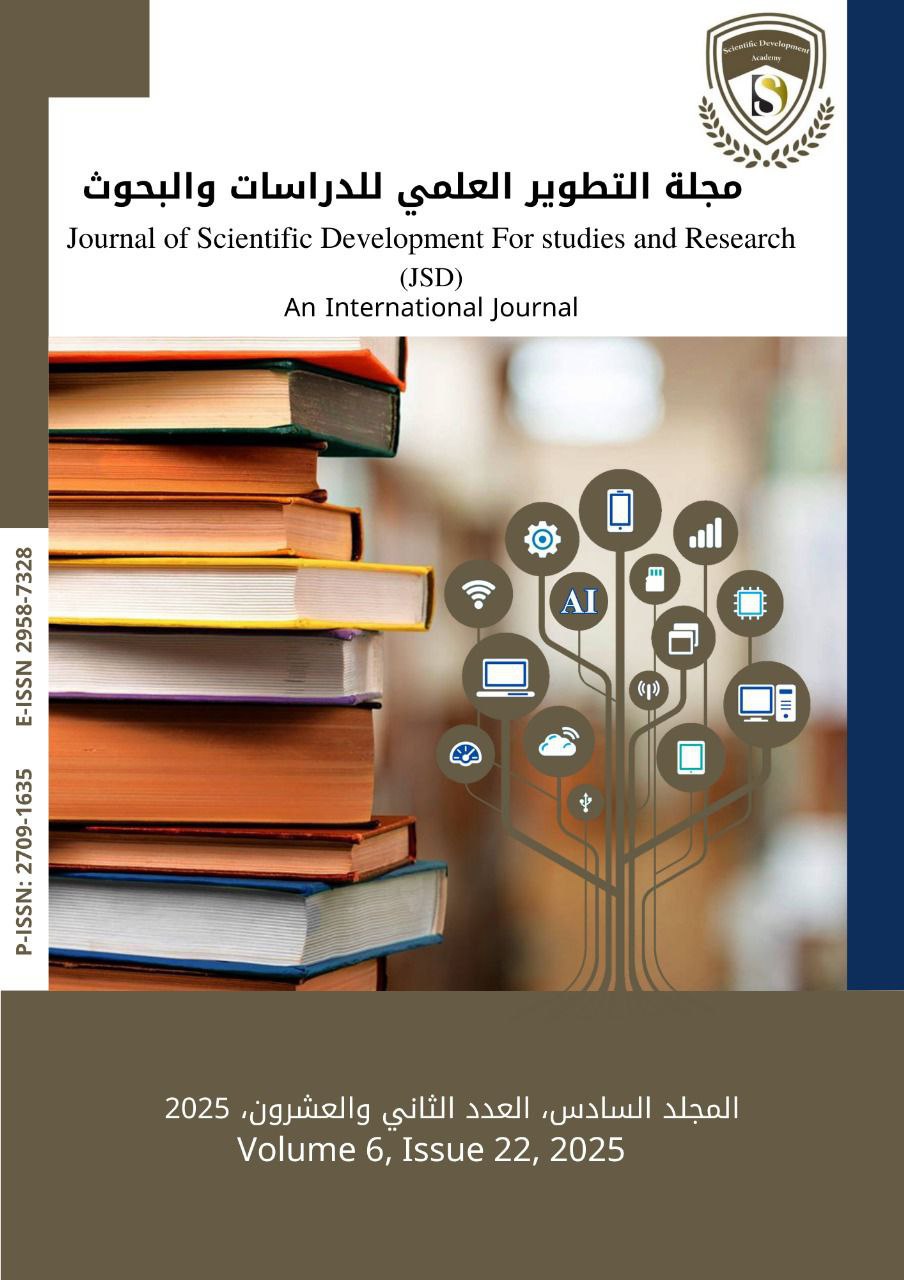حكم العمل بالحديث الضعيف
DOI:
https://doi.org/10.61212/jsd/362الكلمات المفتاحية:
الحديث الضعيف، الحكم، العمل، الفضائلالملخص
لقد عرف العلماء قيمة السنة المطهرة في الإسلام في العصور كلها من لدن القرن الأول إلى يومنا هذا، إذْ بذلوا جهودهم عليها حفظا، جمعا وتدويناً كما اجتهدوا في معرفة الرواة وتمييز الصحيح من السقيم، وتسابقوا في خدمة السنة، وقَعَّدوا لها قواعد لمعرفة صحيح حديث رسول الله وضعيفه، وهذا تدل على توفيق الله لهم على ما وهبهم من القوة في الإرادة والذكاء فحملوا السنة، وألَّفوا فيها تآليف، وحرروا المسائل، وترجموا لآلاف الرواة، وحكموا عليهم بعلم وخبرة، وأعطوا كل ذي حق حقه من التوثيق والتضعيف، وهذه السطور تهدف أن تناقش آراء العلماء في العمل بالحديث الضعيف وما هي شروطهم في العمل به؟ وأيضا هذا البحث يكشف تصحيح مفاهيم النظرة الصحیحة لمكانة الحديث الضعيف وعدم التسرع للأئمة الكبار الذين أفنوا أعمارهم في الحفاظ على السنة المطهرة. فلا شك أن للحديث الضعيف مجالا شرعيا يدور فيه وله وظيفة أساسية في دين الله ولكنه لم تستكمل فيه شروط الصحة وأن فيه جانبا من الصحة وفقد بعض شروط ما يتوقف عليه قبول الحديث، ولهذا عده الجمهور من قسم المقبول خصوصا في فضائل الأعمال والترغيب والترهيب والمواعظ والرقائق يعني في غير الأحكام والغيبيات؛ لأن رفض الحديث الضعيف بالكلية فتنة كبيرة، إذن! فهو ليس من قسم المرفوض في المجالات كلها بل استحب بعض العلماء العمل به في مواضعه الخاصة.
المراجع
التنزيلات
منشور
إصدار
القسم
الرخصة
الحقوق الفكرية (c) 2025 مجلة التطوير العلمي للدراسات والبحوث JSD

هذا العمل مرخص بموجب Creative Commons Attribution 4.0 International License.






























